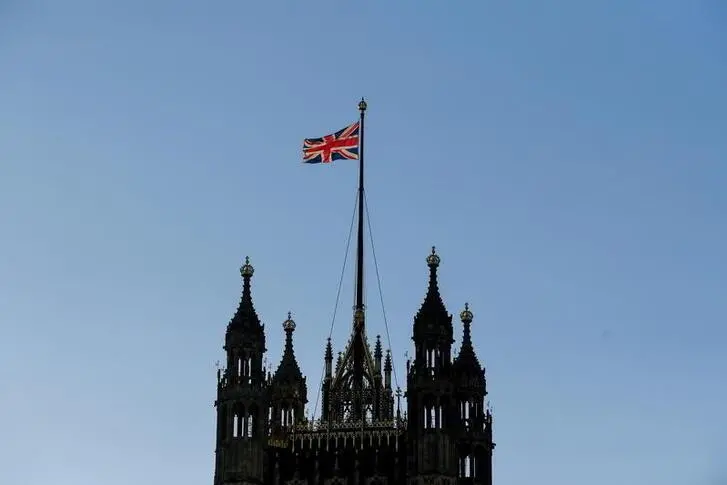PHOTO
Britain's Labour Party, tipped in the polls to win an election later this year, said on Tuesday it wants to streamline business policy by scrapping "talking shops" and building closer relations with key regulators to speed up market reforms.
"Pictures of politicians donning a hard hat and getting out to visit businesses will always endure but they cannot be the be-all and end-all of our engagement," said Jonathan Reynolds, Labour's spokesman on business.
Labour said in its "New Partnership" blueprint that fostering long-term relations with business to improve on a "woeful" level of inward direct investment in the UK would be based on "more dialogue" between key regulators and ministers.
"It would also be able to address the significant regulatory 'creep' seen in the UK since 2016," the document said.
Centre-left Labour said it would review existing relations with business by scrapping "talking shops" to allow earlier and ongoing consultation ahead of policy change.
An Industrial Strategy Council would be put on a statutory footing to set, implement and track strategy.
"Alongside it, Partnership Councils should be considered in order to allow businesses in sectors not currently represented by the existing structures such as financial services and technology, to co-create strategy and policy to harness the most productive areas of our economy," the Labour document said.
It echoes a call from the City of London last year for a new high-level partnership council comprising financial sector and government officials. It would be tasked with cutting through endless consultations to expedite "Edinburgh Reforms" of the City in the wake of Britain's exit from the European Union.
Those reforms included giving a remit to financial regulators to consider the impact of proposed rules on the City's global competitiveness and economy. Such an approach raises some hackles initially at the Bank of England, which is keen to preserve its independence.
Business has traditionally been leery of Labour, often portrayed by its main opponent, the ruling Conservatives, as a party of high taxes.
But Labour has been courting the financial services sector by backing post-Brexit reforms to make the City more globally competitive, given that a cash-strapped Britain will need cash from private markets to fund improvements to decaying infrastructure and environmentally friendly investments. (Reporting by Huw Jones; editing by Mark Heinrich)





















